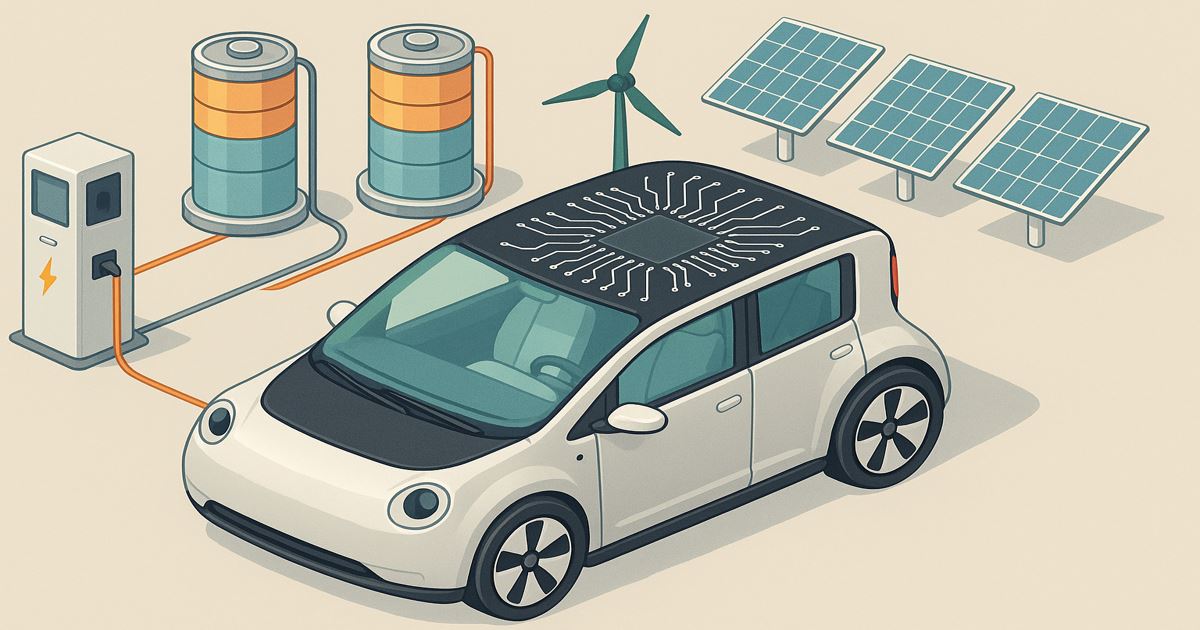Batteries and Energy Storage Systems: Towards a Sustainable Energy Future
A special issue of Energies (ISSN 1996-1073). This special issue belongs to the section "E: Electric Vehicles".
Deadline for manuscript submissions: 30 September 2026 | Viewed by 1462

Special Issue Editors
Interests: energy storage systems; electric vehicles; charging infrastructure for electrified vehicles
Special Issues, Collections and Topics in MDPI journals
Special Issue Information
Dear Colleagues,
Energy storage systems play a crucial role in the transition toward a more sustainable future for the transportation and energy sectors. Indeed, recent advancements in storage technologies have allowed the development of innovative electric mobility concepts, offering high performance in efficiency, range, safety, charging time, and seamless grid integration. On the other hand, these technologies are characterized by a high level of complexity, involving a variety of challenges that require investigation from different perspectives with multi-disciplinary approaches. This Special Issue, entitled “Batteries and Energy Storage Systems: Towards a Sustainable Energy Future”, invites articles that address all the aspects related to advancements in battery/energy storage technologies and management concerning stationery and mobility applications.
Topics of interest for publication include, but are not limited to, the following:
- Novel approaches and power configurations in battery management systems for electric mobility, with a particular focus on balancing and safety operations;
- Battery status monitoring, both diagnostic and prognostic, through the implementation of advanced data-driven, model-based or filter-based approaches;
- Multifunctional battery systems and materials supporting the development and testing of structural battery applications;
- Hybrid energy storage systems, with reference to the integration and management of high-specific energy and power storage devices;
- Novel systems and methods with which to guarantee optimal battery thermal management focused on phase change materials and liquid-based systems;
- Hydrogen-based configurations to supply either vehicle or micro-grid applications;
- The smart management of energy storage for the optimal integration of renewable and distributed energy sources.
Dr. Clemente Capasso
Dr. Giovanni Chianese
Guest Editors
Manuscript Submission Information
Manuscripts should be submitted online at www.mdpi.com by registering and logging in to this website. Once you are registered, click here to go to the submission form. Manuscripts can be submitted until the deadline. All submissions that pass pre-check are peer-reviewed. Accepted papers will be published continuously in the journal (as soon as accepted) and will be listed together on the special issue website. Research articles, review articles as well as short communications are invited. For planned papers, a title and short abstract (about 250 words) can be sent to the Editorial Office for assessment.
Submitted manuscripts should not have been published previously, nor be under consideration for publication elsewhere (except conference proceedings papers). All manuscripts are thoroughly refereed through a single-blind peer-review process. A guide for authors and other relevant information for submission of manuscripts is available on the Instructions for Authors page. Energies is an international peer-reviewed open access semimonthly journal published by MDPI.
Please visit the Instructions for Authors page before submitting a manuscript. The Article Processing Charge (APC) for publication in this open access journal is 2600 CHF (Swiss Francs). Submitted papers should be well formatted and use good English. Authors may use MDPI's English editing service prior to publication or during author revisions.
Keywords
- battery management systems
- energy storage systems
- battery thermal management
- hydrogen-based storage systems
- smart grid
- renewable energy sources
- structural batteries
Benefits of Publishing in a Special Issue
- Ease of navigation: Grouping papers by topic helps scholars navigate broad scope journals more efficiently.
- Greater discoverability: Special Issues support the reach and impact of scientific research. Articles in Special Issues are more discoverable and cited more frequently.
- Expansion of research network: Special Issues facilitate connections among authors, fostering scientific collaborations.
- External promotion: Articles in Special Issues are often promoted through the journal's social media, increasing their visibility.
- Reprint: MDPI Books provides the opportunity to republish successful Special Issues in book format, both online and in print.
Further information on MDPI's Special Issue policies can be found here.






